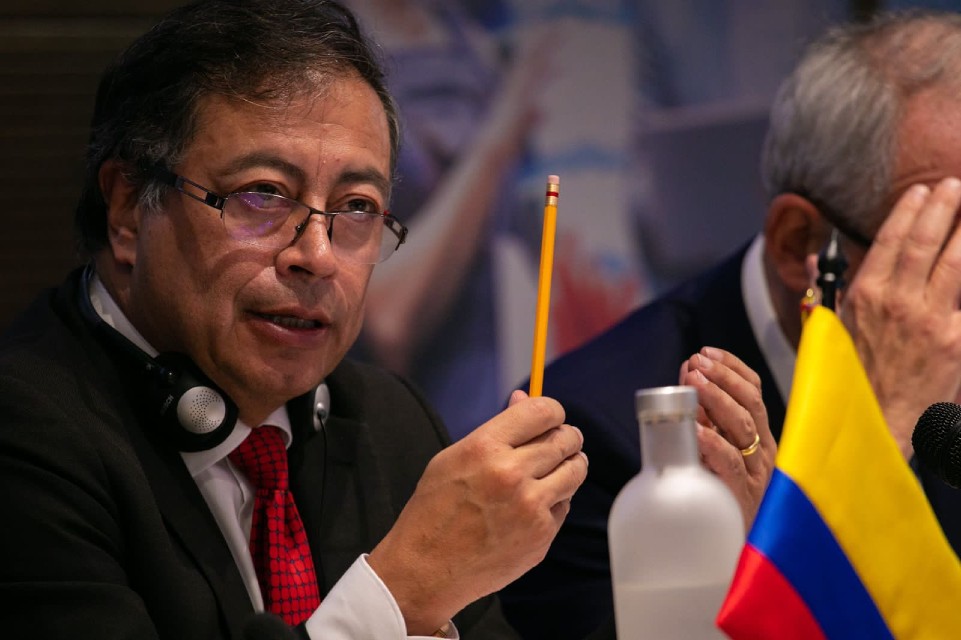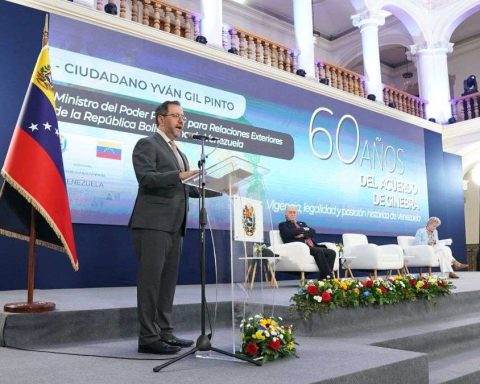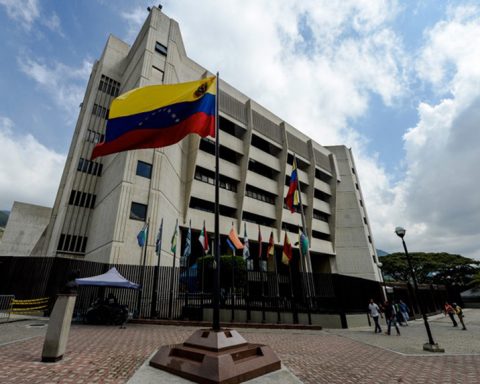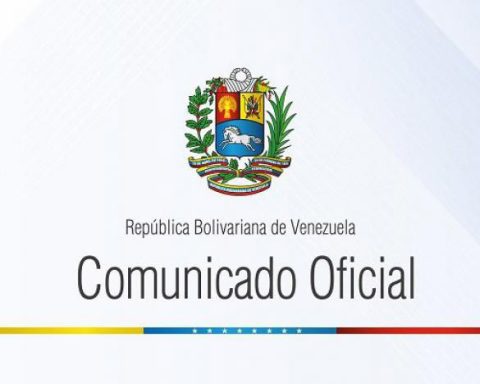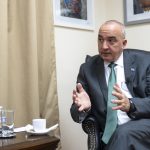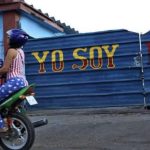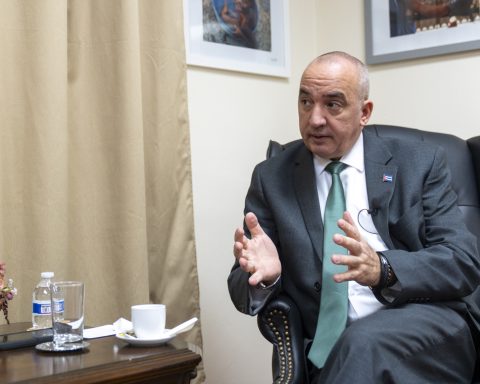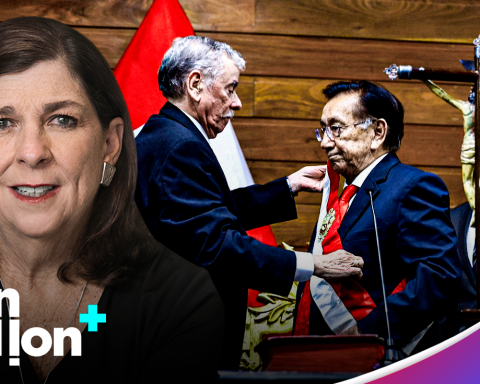The Foundation for the Freedom of the Press urged the Colombian president, Gustavo Petro, to refrain from issuing any message that the public could interpret as permissive in the face of violence against the press. “The frequency with which the President controversies the press suggests a strategy to position his narrative and his agenda on networks,” the foundation wrote in a note published on its website.
The Foundation for the Freedom of the Press accused the president of Colombia, Gustavo Petro, of trying to sow doubt before the audience about the suitability of the media to do their job. The organization asserted that the president described the journalistic information as false and has replicated messages from third parties that refer to journalists in an obliging and mocking manner.
«The frequency with which the President controversies the press suggests a strategy to position his narrative and his agenda in networks. In the same way, he intends to sow doubt before the audience, about the suitability of the media to do his job, “said the foundation through its website.
*Read also: CVG holding workers paralyze production areas in demand for installment payments
According to the entity, the corrections and reproaches that Petro makes are towards the way in which they cover their government. He pointed out that this is happening in the midst of debates such as the energy transition, peace talks with illegal groups and accusations of sexual harassment against people who have supported the Historic Pact.
«Public conversation is developed through pulses of force between interest groups, who dispute control of the narratives and resort to discrediting adversaries. Within that context, what the president says can erode that conversation or strengthen it. Under the right circumstances, public interaction on the Internet between a head of state and a journalist can be healthy. But in this exchange, several aspects must be considered, such as the existing imbalance of power between the voice of the President and a means of communication,” the foundation wrote.
According to the Foundation for the Freedom of the Press, the Colombian president expresses his objections to the press for the figures or information he reports. In response to this, he reminded him that the media base their reports on the official information available, so the Government must promote active transparency in all instances of the State, so that it is possible to access the information and with it contrast different sources.
He called on Petro to refrain from issuing any message that the public could interpret as permissive in the face of violence against the press, since in that country there is an acute crisis of violence against journalism that not only refers to physical or lethal attacks, but also to other ways that create a hostile environment. “Throughout 2022 we documented 218 threats, the highest number in the last fifteen years. During the term of the current government, two murders of journalists, twelve stigmatizations by public officials and 82 threats have been documented, among others”.
He added that the right to freedom of expression, when exercised by public servants in the performance of their functions, has greater limitations than those held by an individual and argued that the Constitutional Court establishes that when the highest authority of a State pronounces is not exercising “the simple freedom of expression recognized in general to citizens, but they are using a legitimate means for the exercise of public authority.”
Post Views: 32
